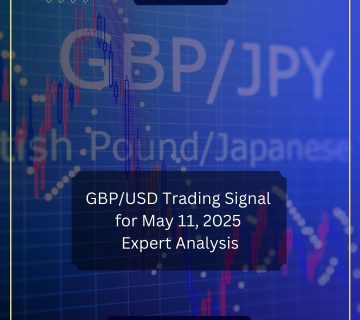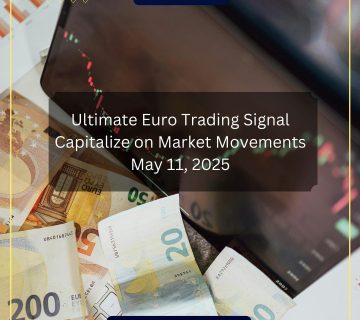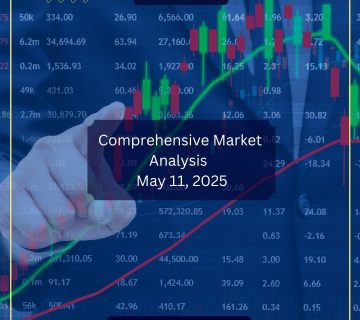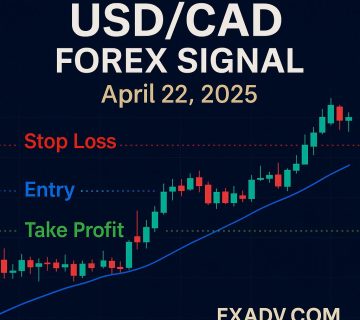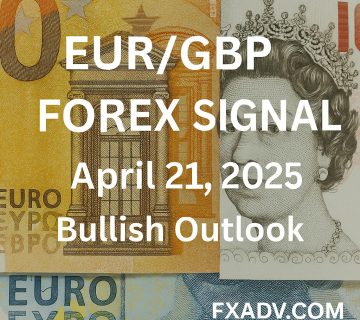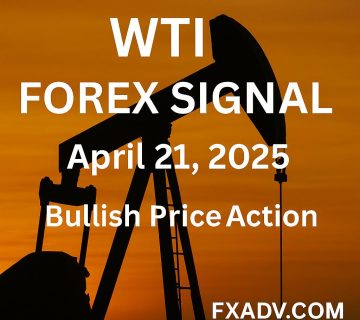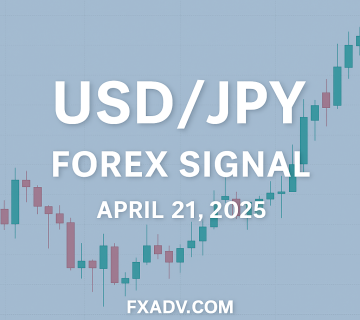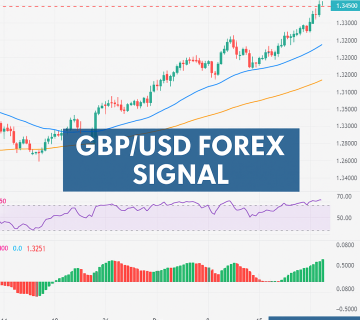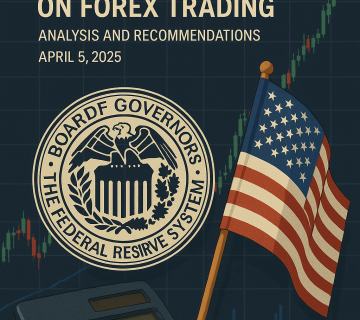5 Proven Strategies to Navigate Central Bank Policies in Forex Trading
Introduction
Forex trading, or foreign exchange trading, is a dynamic and complex market influenced by various factors. One of the most significant influences on forex trading is the policies of central banks. This article delves into how central bank policies impact forex trading, providing insights and strategies for traders to navigate these changes effectively.
Understanding Central Bank Policies in Forex Trading
Central banks, such as the Federal Reserve (Fed), the European Central Bank (ECB), and the Bank of Japan (BoJ), play a crucial role in the global economy. Their policies, including interest rate decisions, quantitative easing, and monetary policy statements, can significantly impact currency values.
Interest Rate Decisions and Forex Trading
Interest rates are a primary tool used by central banks to control inflation and stabilize the economy. When a central bank raises interest rates, it often leads to an appreciation of the country’s currency. Conversely, lowering interest rates can lead to currency depreciation. For example, the Fed’s decision to raise interest rates in 2023 led to a significant appreciation of the US dollar.
Interest rate decisions are closely watched by forex traders because they can create substantial volatility in the forex market. Traders often use interest rate differentials between countries to guide their trading strategies. For instance, if the Fed raises rates while the ECB keeps rates unchanged, traders might expect the USD to strengthen against the EUR.
Quantitative Easing and Its Impact on Forex Trading
Quantitative easing (QE) is another tool used by central banks to stimulate the economy. By purchasing government securities, central banks increase the money supply, which can lead to currency depreciation. The ECB’s QE program in the early 2020s is a notable example, which resulted in the depreciation of the euro.
QE can have a profound impact on forex markets. When a central bank announces a QE program, it typically leads to a decrease in the currency’s value due to the increased money supply. Traders need to be aware of QE announcements and understand their potential impact on currency pairs.
Monetary Policy Statements and Forex Market Reactions
Central banks regularly release monetary policy statements that provide insights into their economic outlook and future policy actions. Traders closely monitor these statements for any hints of policy changes. For instance, the BoJ’s recent statement indicating a potential shift in its ultra-loose monetary policy caused significant volatility in the yen.
Monetary policy statements are essential for forex traders as they offer clues about future central bank actions. These statements can influence market sentiment and lead to significant price movements. Traders should pay close attention to the language used in these statements, as even subtle changes can signal a shift in policy.
Inflation Targeting and Forex Trading Strategies
Many central banks use inflation targeting as a framework for their monetary policy. This involves setting an explicit target for the inflation rate and adjusting monetary policy tools to achieve that target. For example, the Fed aims for a 2% inflation rate. When inflation deviates from this target, the central bank may adjust interest rates or implement other measures to bring inflation back in line.
Inflation targeting can impact forex markets by influencing expectations about future interest rate changes. If inflation is above the target, traders might anticipate rate hikes, leading to currency appreciation. Conversely, if inflation is below the target, traders might expect rate cuts, leading to currency depreciation.
Exchange Rate Policies and Forex Market Volatility
Some central banks actively manage their exchange rates to achieve economic objectives. For example, the Swiss National Bank (SNB) has intervened in the forex market to prevent excessive appreciation of the Swiss franc. These interventions can create significant volatility in the forex market and impact trading strategies.
Traders need to be aware of central bank interventions and understand their potential impact on currency pairs. Monitoring central bank announcements and market reactions can help traders anticipate and respond to these interventions.
5 Proven Strategies for Forex Traders
- Stay Informed: Keeping up with central bank announcements and economic indicators is crucial. Websites like Forex.com provide timely updates and analysis.
- Use Economic Calendars: Economic calendars list upcoming central bank meetings and other significant events. This helps traders prepare for potential market movements.
- Diversify Your Portfolio: Diversification can help mitigate risks associated with central bank policy changes. Consider trading multiple currency pairs to spread risk.
- Technical Analysis in Forex Trading: Combining technical analysis with fundamental analysis can provide a more comprehensive trading strategy. Look for patterns and trends that align with central bank actions.
- Risk Management in Forex Trading: Implementing effective risk management strategies is essential. This includes setting stop-loss orders and using proper position sizing to protect against adverse market movements.
- Monitor Market Sentiment: Market sentiment can be influenced by central bank policies. Tools like the Commitment of Traders (COT) report can provide insights into market positioning and sentiment.
Conclusion
Central bank policies are a critical factor in forex trading. By understanding and anticipating these policies, traders can make more informed decisions and potentially capitalize on market movements. Staying informed, using economic calendars, diversifying portfolios, employing technical analysis, and implementing effective risk management strategies are essential for navigating the forex market.
Mastering MetaTrader 5 The Ultimate Guide to the Powerful Trading Platform



